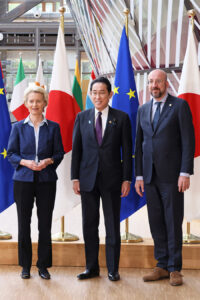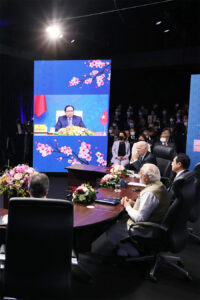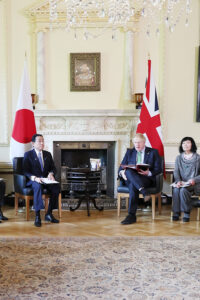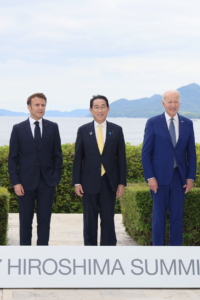
Unlike the American decoupling approach, de-risking is attracting more attention as an approach to China spearheaded by Europe. This is characterised by tightening regulations in specific fields for economic security. This article explains what measures the EU is taking and what are Brussels’ aims. Hayashi Daisuke, Associate Professor, Musashino Gakuin University At the G7 Hiroshima Summit in May 2023, the G7 announced its commitment to a de-risking approach towards China. The concept of de-risking was originally proposed by the President of the European Commission Ursula von der Leyen, and was later incorporated into the G7 Hiroshima Leaders’ Communiqué with other member states, such as the United States and Japan. However, what is the concept of de-risking, and how does it differ from decoupling? I provide an overview of the origins of the concept of de-risking, specific policy developments, and cooperation with ... ... [Read more]








